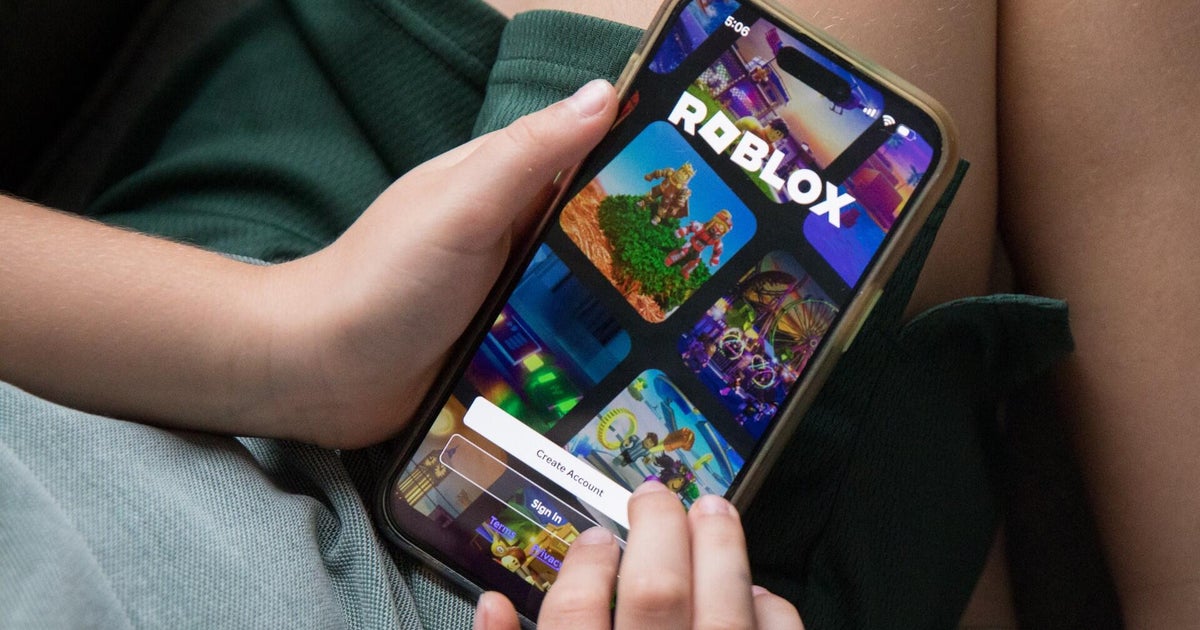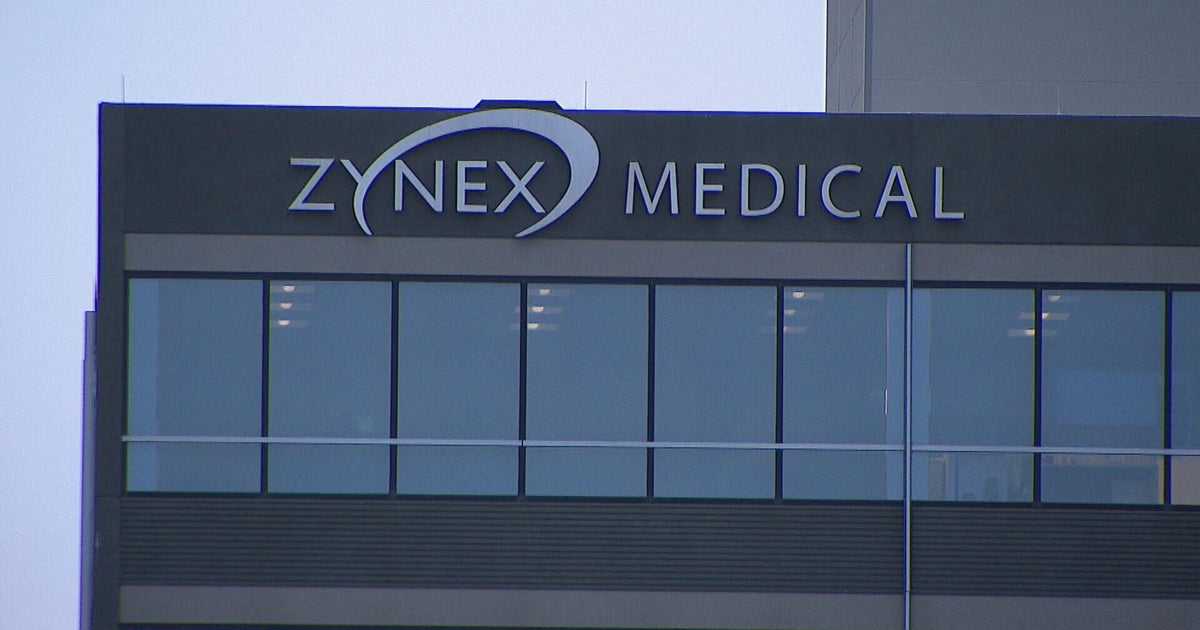Study finds racial disparities in online patient portal responses
Have you ever sent your doctor a question through an online patient portal? The type of response you get may differ depending on your race, a recent study suggests.
For the study, published in JAMA Network Open Monday, researchers examined patient portal message responses from more than 39,000 patients at Boston Medical Center in 2021, including the rates at which medical advice requests were responded to and the types of health care professionals that responded.
"When patients who belong to minoritized racial and ethnic groups sent these messages, the likelihood of receiving any care team response was similar, but the types of health care professionals that responded differed," the authors wrote.
Black patients were nearly 4 percentage points less likely to receive a response from an attending physician, and about 3 percentage points more likely to receive a response from a registered nurse.
"Similar, but smaller, differences were observed for Asian and Hispanic patients," the authors added.
Why is this happening? The study points to several possibilities, ranging from implicit bias to message content and physician time constraints.
Since patients' emailed questions are typically seen first by a triaging nurse, researchers say there is concern that messages from minority patients are "less likely to be prioritized for physician response."
Patient "health literacy" may also play a role, the authors suggested. Personal health literacy is described by the Centers for Disease Control and Prevention as "the degree to which individuals have the ability to find, understand, and use information and services to inform health-related decisions and actions for themselves and others."
"Lower health literacy may influence the types of requests patients make through the portal and the manner in which those requests are communicated," the authors write.
Obtaining fair and efficient access to health care has been a longstanding issue for Black people in the U.S.
"Our system in America is not built to serve everyone equally, and the health care system is not immune to that," emergency room doctor Leigh-Ann Webb, an assistant professor of emergency medicine at the University of Virginia, previously told CBS News.
Black Americans are significantly more likely than White people to suffer from chronic health conditions like diabetes and asthma, have the highest mortality rate for all cancers compared to any other racial group, and have an infant mortality rate that's nearly twice the national average. Black women are also roughly three times more likely than White women to die during childbirth, according to the CDC.
And while advancements in health care technology, such as the use of AI, could help improve care, some experts worry these systems could amplify the racial bias that has persisted in medical care for generations.
-Li Cohen and the Associated Press contributed reporting.



